Introduction to Fashion Museums in Japan
Japan’s rich cultural heritage is woven not just into its traditions but also into its textiles and fashion. From the intricate patterns of the kimono to the avant-garde designs of contemporary fashion, the nation’s sartorial history is a tapestry of artistry, innovation, and profound cultural expression. As the world grows increasingly interconnected, there is a renewed interest in the origins and evolution of fashion, leading many to seek out the places where history is preserved and celebrated. Japan, with its deep reverence for craftsmanship and detail, is home to several esteemed fashion and costume museums.
These institutions, each with its unique focus and collection, offer invaluable insights into the evolution of clothing, from traditional garments to modern couture, and stand as guardians of the narratives woven into every thread. This blog will inform you about the various aspects of these 9 Best Fashion Museums in Japan like website, address, history, housed artefacts etc.
1. The Kyoto Costume Institute (KCI)
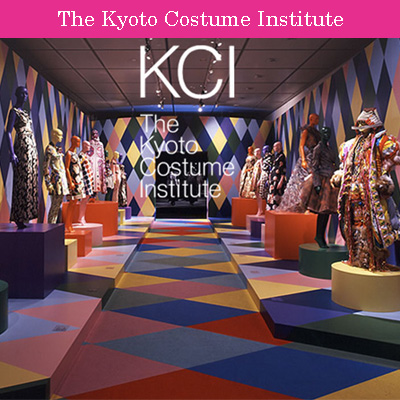
Website: Kyoto Costume Institute
Address: 34 Fukuchi, Joyo, Kyoto 610-0114, Japan
Operating Hours: Generally by appointment only. It’s advisable to check the website or contact them for detailed visiting information.
History and Ongoing Exhibits: Founded in 1978 by Wacoal Corp., a leading Japanese apparel manufacturer, to celebrate and study Western clothing. The institute is currently managed by the Wacoal Corp. KCI is internationally acclaimed for its meticulous preservation techniques and scholarly research. Its founder, Koichi Tsukamoto, aimed to create a cultural hub for fashion studies. The institute’s main building is a modern structure designed to house delicate textiles in a controlled environment, ensuring their preservation. KCI holds over 12,000 items, including garments and accessories from the 18th century to the present, making it a crucial resource for fashion historians.
2. Bunka Gakuen Costume Museum
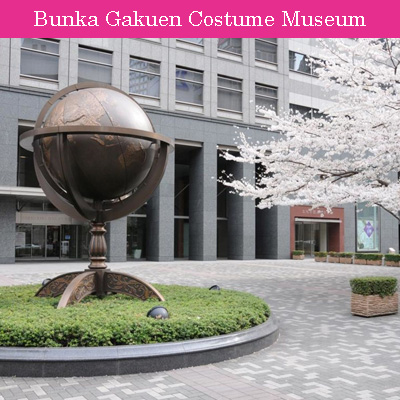
Website: Bunka Gakuen Costume Museum
Address: 3-22-7 Yoyogi, Shibuya-ku, Tokyo 151-8522, Japan
Operating Hours: 10:00 AM – 4:30 PM (Closed on Sundays and Holidays)
History and Ongoing Exhibits: Established in 1979 as part of the Bunka Fashion College, one of Japan’s leading fashion schools. It is currently managed by Bunka Gakuen Educational Foundation. The museum showcases a vast array of global costumes and textiles, providing educational support for fashion students and researchers. The museum is part of the Bunka Gakuen campus and features contemporary design elements that blend educational spaces with exhibit areas. The collection includes over 20,000 items, such as traditional Japanese garments, Western fashion, and accessories, illustrating the evolution of global fashion.
3. Itami Fashion Museum
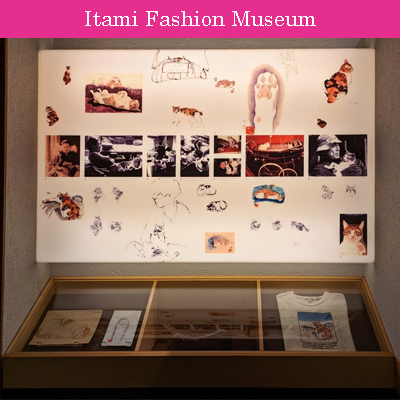
Website: Itami Fashion Museum
Address: 2-5-20 Miyanomae, Itami, Hyogo 664-0895, Japan
Operating Hours: 10:00 AM – 6:00 PM (Closed on Mondays)
History and Ongoing Exhibits: Opened in 1993, founded by the Itami city government to promote fashion and textile arts. It remains under the management of Itami city. The museum emphasizes Western fashion and frequently collaborates with international designers for special exhibitions. building itself is a modernist structure with sleek lines, designed to complement the displayed fashion pieces. The museum’s collection spans 18th-century garments to contemporary designs, highlighting changes in fashion trends and techniques.
4. Kobe Fashion Museum
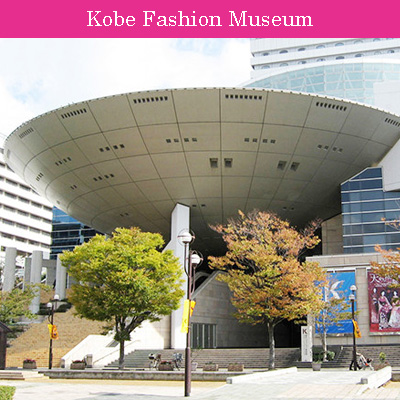
Website: Kobe Fashion Museum
Address: 2-9-1 Koyocho-naka, Higashinada-ku, Kobe, Hyogo 658-0032, Japan
Operating Hours: 10:00 AM – 6:00 PM (Closed on Wednesdays)
History and Ongoing Exhibits: Established in 1997, it was Japan’s first dedicated fashion museum, founded by the Kobe city government. It is still managed by the city. The museum promotes fashion education through various workshops and lectures. The museum is housed in a modern building with expansive exhibit spaces and state-of-the-art facilities for preserving delicate fabrics. Featuring over 10,000 pieces, including both historical and contemporary fashion, the museum showcases the evolution of fashion and design.
5. Sukenari Kimono Museum
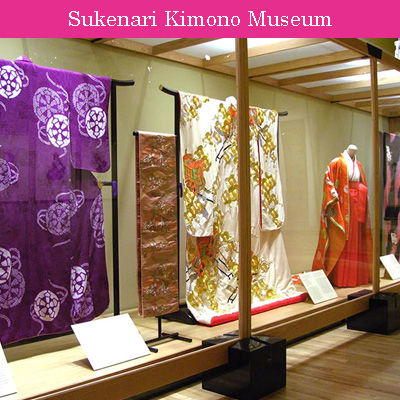
Website: NA
Address: 502 Minamimonzencho, Kamigyo-ku, Kyoto, Japan
Operating Hours: 9:00 AM – 5:00 PM (Closed on Sundays)
History and Ongoing Exhibits: Founded by Sukenari Co., Ltd., a renowned kimono manufacturer, to preserve and showcase traditional Japanese kimono craftsmanship. museum features rare and exquisite kimonos, many of which are handwoven and dyed using traditional techniques. The building combines traditional Japanese architectural elements with modern design, creating a serene atmosphere for viewing the collections. The collection includes over 1,000 kimonos, highlighting the artistry and cultural significance of this traditional garment.
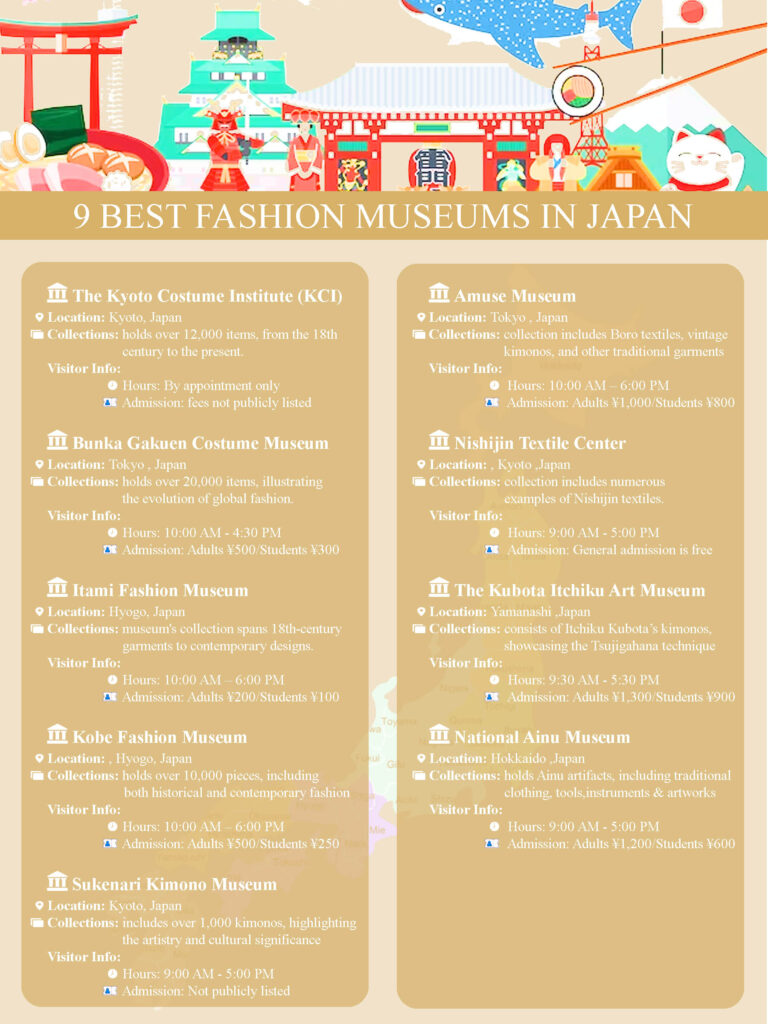
6. Amuse Museum
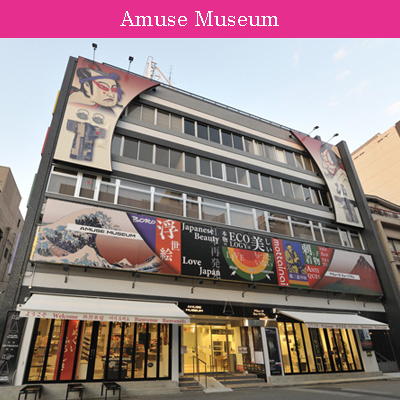
Website: Amuse Museum
Address: 2-34-3 Asakusa, Taito-ku, Tokyo 111-0032, Japan
Operating Hours: 10:00 AM – 6:00 PM (Closed on Mondays)
History and Ongoing Exhibits: Opened in 2009 by the Amuse Group, an entertainment company, to promote traditional Japanese culture through textiles. The museum is renowned for its collection of Boro textiles, which are pieced together from scraps and reflect Japan’s history of resourcefulness. Located in a modern building in Asakusa, the museum features minimalist interiors that highlight the beauty of the exhibits. The collection includes numerous Boro textiles, vintage kimonos, and other traditional garments, offering a unique glimpse into Japan’s textile heritage.
7. Nishijin Textile Center
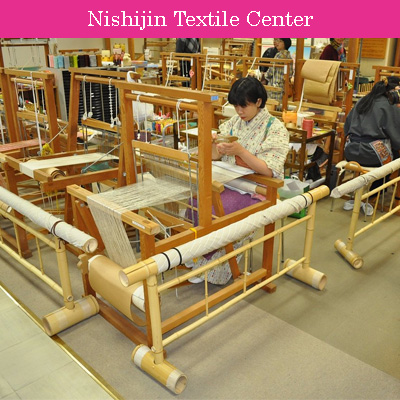
Website: Nishijin Textile Center
Address: 1-6, Horikawa-dori, Kamigyo-ku, Kyoto 602-8216, Japan
Operating Hours: 9:00 AM – 5:00 PM
History and Ongoing Exhibits: Established to preserve and promote the Nishijin weaving technique, a traditional craft of Kyoto with a history of over 1,000 years. center provides live demonstrations of the weaving process, showcasing the intricate and labor-intensive techniques involved.The center combines traditional Japanese design with modern facilities, offering a welcoming space for both education and display. The collection includes numerous examples of Nishijin textiles, illustrating the rich history and evolution of this craft.
8. The Kubota Itchiku Art Museum
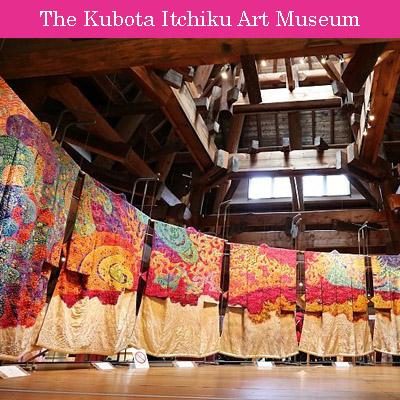
Website: Kubota Itchiku Art Museum
Address: 2255 Kawaguchi, Fujikawaguchiko, Minamitsuru, Yamanashi 401-0304, Japan
Operating Hours: 9:30 AM – 5:30 PM (Closed on Tuesdays)
History and Ongoing Exhibits: Founded in 1994 by Itchiku Kubota, a master kimono artist known for reviving the lost Tsujigahana dyeing technique. The museum is managed by the Kubota family. museum is not only a repository of Kubota’s works but also a tribute to his artistic vision and dedication. The museum is set in a serene location with views of Mt. Fuji, featuring traditional Japanese design elements and beautiful gardens. The collection primarily consists of Itchiku Kubota’s kimonos, especially those showcasing the Tsujigahana technique, reflecting his innovative approach to traditional art.
9. National Ainu Museum
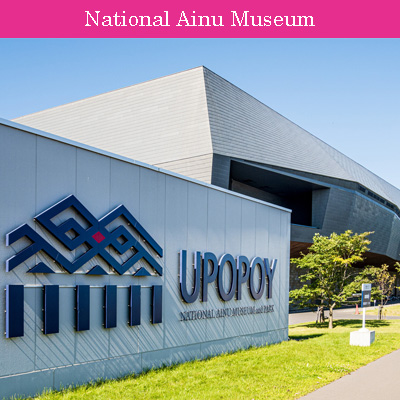
Website: National Ainu Museum
Address: 1-1 Wakakusa-cho, Shiraoi, Hokkaido 059-0902, Japan
Operating Hours: 9:00 AM – 5:00 PM (Closed on Mondays)
History and Ongoing Exhibits: The National Ainu Museum, also known as Upopoy, opened in July 2020. It was established by the Japanese government to preserve and promote the culture and history of the Ainu people, the indigenous inhabitants of Hokkaido and other northern regions of Japan. The museum is managed by the Foundation for Ainu Culture. name “Upopoy” means “singing together in a large group” in the Ainu language, reflecting the museum’s mission to celebrate and share Ainu culture.
The museum complex features contemporary architecture inspired by Ainu design elements, blending modern aesthetics with traditional motifs. It is set in a scenic location near Lake Poroto, surrounded by natural beauty that enhances the cultural experience. The museum houses a significant collection of Ainu artifacts, including traditional clothing, tools, musical instruments, and artworks. These items highlight the unique cultural heritage and craftsmanship of the Ainu people. The museum also offers interactive exhibits and cultural workshops, providing visitors with a deeper understanding of Ainu traditions and way of life.
Conclusion
In exploring these esteemed institutions—the Kyoto Costume Institute, Bunka Gakuen Costume Museum, and the National Ainu Museum, among others—one gains not only a deeper appreciation for Japan’s sartorial legacy but also a broader understanding of the global interplay between tradition and modernity in fashion. These museums do more than just display garments; they preserve the stories, the artistry, and the cultural significance embedded in the fabrics of time.
As Japan continues to influence the global fashion landscape, these museums remain essential custodians of the past, offering both scholars and enthusiasts a window into the profound cultural narratives that have shaped, and continue to shape, the world of fashion. Do let me know if I have missed any major museum or is their any specific museum that you would want to see on this list.


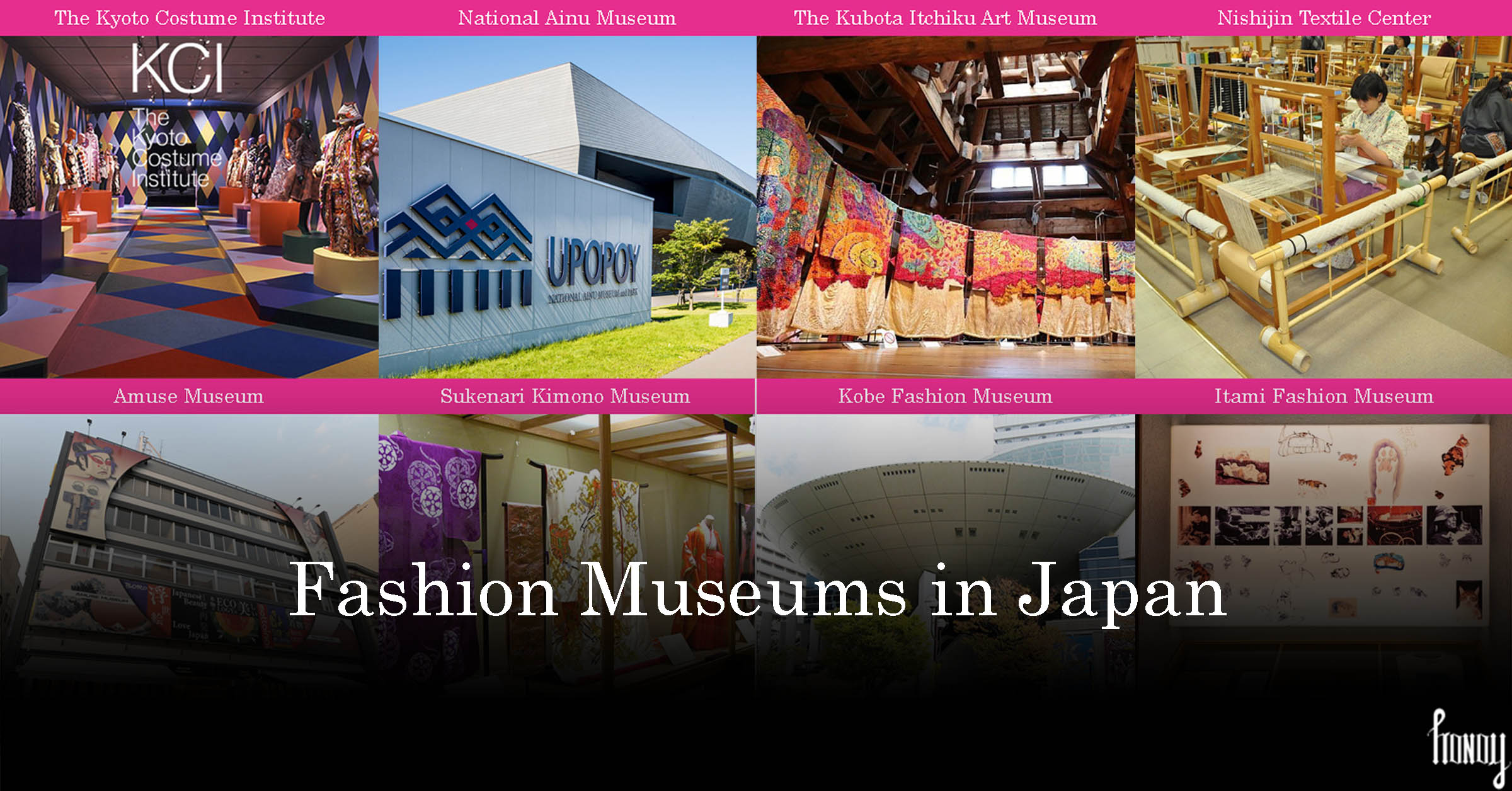








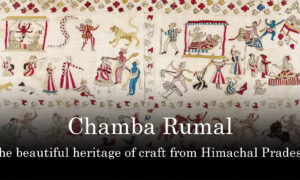







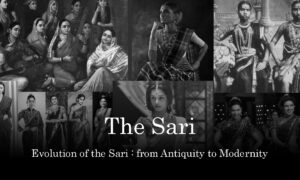









Pingback: 5 Jean Paul Gaultier : Best French Fashion Designer Series